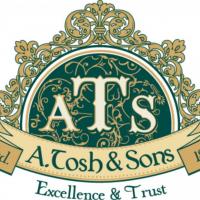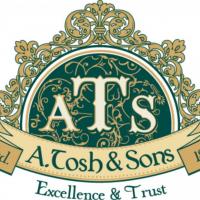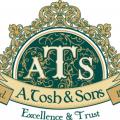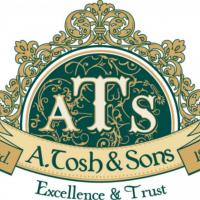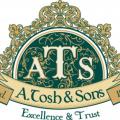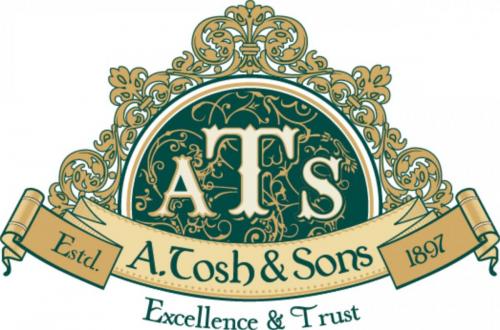Likes
Sanjiv
posted a blog.
Entrepreneurs and business entities venturing into tea, introducing a new brand or ramping up their existing operations consider it a priority to focus on food safety and hygiene practices. The reputation of any private label food business depends on food safety and hygiene. For a private label tea to become successful, food safety and hygiene cannot be compromised. While engaging a resourceful private label food business partner, it is important to check the complete back-end production support. Before private label tea bags enter the market and reach the consumers, strict quality checks to ensure food safety and hygiene are vital for the growth of any private label food business.
Private label tea
A reliable private label food business partner provides consistent quality where the right SOPs are followed all the time. When quality is maintained, private label tea bags generate good response in the market and become successful. For any private label tea to thrive, the aspect of quality holds the key. International standards of food safety and hygiene require compliance during the process of production. Quality checks need to be followed at every step of the production process – right from the stage of sourcing to delivery. Besides, complete forward and backward traceability integrated into the quality management system helps achieve the objective of food safety.
Certifications & Accreditations
Instead of claims regarding food safety norms, certifications and accreditations are far more effective to convince clients about food safety norms in the private label food business. Such certifications act as validation to the reality that SOPs being executed meet the industry standards. This also acts as a handy assessment tool. A certified organisation is what a private label tea brand needs. Apart from BRC, US FDA, India Organic, FSSAI, Fairtrade, Rainforest Alliance, ISO and GMP are also important certifications and accreditations.
Food Safety and Hygiene
Food Safety and Hygiene are major concerns for any private label food business. A private label tea partner should ensure that the highest standards of safety practices are adhered to during the processing and packing of food items. The facility should be based on Japanese hygiene standards – recognized as the best in the world. Hygiene stations at every entry and exit point, strict control and practices, and regular monitoring ensure the best food safety practices are followed. Similar standards are expected from the suppliers who work on a regular basis. Conducting audit checks before a supply partner is finalized, choosing only the best of the best. Right infrastructure, machinery, process, talent, knowledge and resourceful sourcing potential play a big role in offering quality private label tea and private label tea bags with good turnaround time. The right blend of knowledge and expertise helps in the achievement of food hygiene and safety norms.
Right sourcing
Sourcing a variety of input materials such as tea, herbs, infusions, flavours and spices, fruit pieces and packaging material from various suppliers requires strong vigilance. From local suppliers to international brands, vendors have to adhere to globally accepted standards and follow best practices during their production. Regular supplier audits to assess their consistency and norms to quality checks are mandatory.
Consistent Quality
A good private label tea partner ensures consistent quality as long as the right SOPs are followed throughout the year. International standards of food safety and hygiene ensure the highest level of quality in the production process. Quality checks at every step of the production process, from sourcing to delivery.
Impact on goodwill
Not only private label tea business but all food handling and processing companies have placed great emphasis on food safety and food hygiene. Any contamination in the private label tea bags or private label tea can have a harmful effect and impact the lives of people across several geographic locations where it is sold. It has a detrimental impact on private label food business. On the other hand, good food hygiene practices work towards improving the goodwill of a business concern and this has a favourable impact on revenues as well.
Food safety during pandemic
On account of the recent outbreak of the pandemic, the importance of food safety, food defence and food hygiene has grown manifold. Food safety and hygiene involves safeguarding all items, including packing material, machinery, and equipment, utilized in the entire packing process from all contaminants broadly categorized as microbiological, physical, and chemical.
Food Safety Management (FMS) is the sum total of hygienic practices, food handling processes and related systems. A strong FSMS is fundamental to establishing a strong and reliable private label food business. The first step starts with training of all the staff involved in the food handling processes, to sensitize them in the importance of food safety and hygiene since it is totally necessary to follow all food safety guidelines.
Standardized Processes
Be the first person to like this.
People Also Like
1
Like
Health/Beauty
Clothing
Product/Service
Page Admins
-
SanjivFounder
